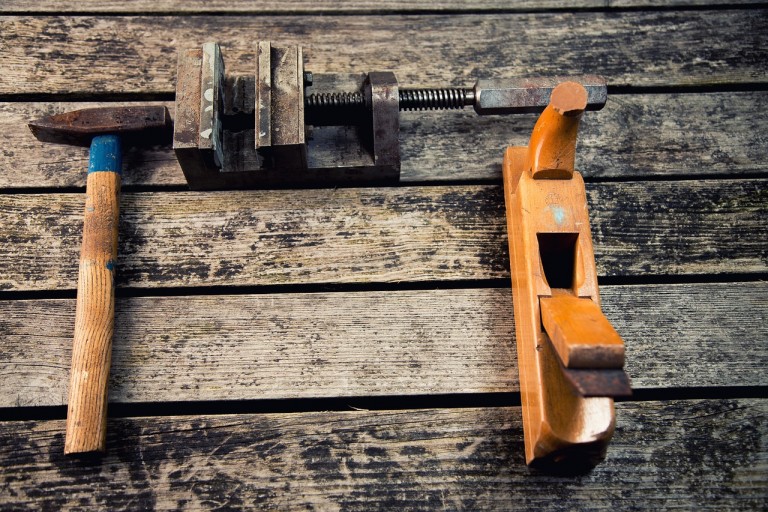We use cookies to help you navigate efficiently and perform certain functions. You will find detailed information about all cookies under each consent category below.
The cookies that are categorized as "Necessary" are stored on your browser as they are essential for enabling the basic functionalities of the site. ...
Necessary cookies are required to enable the basic features of this site, such as providing secure log-in or adjusting your consent preferences. These cookies do not store any personally identifiable data.
Functional cookies help perform certain functionalities like sharing the content of the website on social media platforms, collecting feedback, and other third-party features.
Analytical cookies are used to understand how visitors interact with the website. These cookies help provide information on metrics such as the number of visitors, bounce rate, traffic source, etc.
Performance cookies are used to understand and analyze the key performance indexes of the website which helps in delivering a better user experience for the visitors.
Advertisement cookies are used to provide visitors with customized advertisements based on the pages you visited previously and to analyze the effectiveness of the ad campaigns.


Updated on September 27, 2023
Mechanic’s liens are a somewhat speedy tool in construction disputes that allow contractors, subcontractors, material suppliers and laborers on construction projects to place a lien on the owner’s property.
In order for a contractor, subcontractor or material supplier to have the mechanic’s lien remedy available to them, they must first service a preliminary notice on the owner of the property. The Preliminary notice, among other things, provides the owner with notice as to the identity of the person who may be entitled to enforce a mechanic’s lien and the amount of their potential claims. The preliminary notice is very important, because a mechanic’s lien is not enforceable by a party who fails to satisfy the statutory requirements for a preliminary notice (this excludes laborers).
There are various time frames for recording a lien that are controlled by statute. Generally, however, the direct contractor must record the lien after the contract work is completed and prior to the expiration of either
A mechanic’s lien acts in very much the same way a mortgage or deed of trust works. Therefore, in order to enforce a mechanic’s lien the claimant must bring an action to foreclose on the lien. The claimant must bring the action to foreclose on the mechanic’s lien within 90 days after the mechanic’s lien is recorded. If the claimant fails to file the action to foreclose on the mechanic’s lien within 90 days, the lien expires and is not enforceable against the property.
The law on mechanic’s liens in the state of California is quite specific with a complicated and detailed statutory framework. At Schorr Law, our Los Angeles mechanic’s lien attorneys, have experience dealing with mechanic’s liens on both commercial and residential property.
For help with your mechanic’s lien case or to inquire about a free consultation, contact us our expert real estate lawyers today at (310) 954-1877, info@schorr-law.com or by filling out our Contact Form.
See related: Mechanic’s Lien Recording Timeframe
Ventura County - San Bernardino County - San Diego County - Bakersfield Kern County - Orange County - San Luis Obispo County - Riverside County - The Rest of California